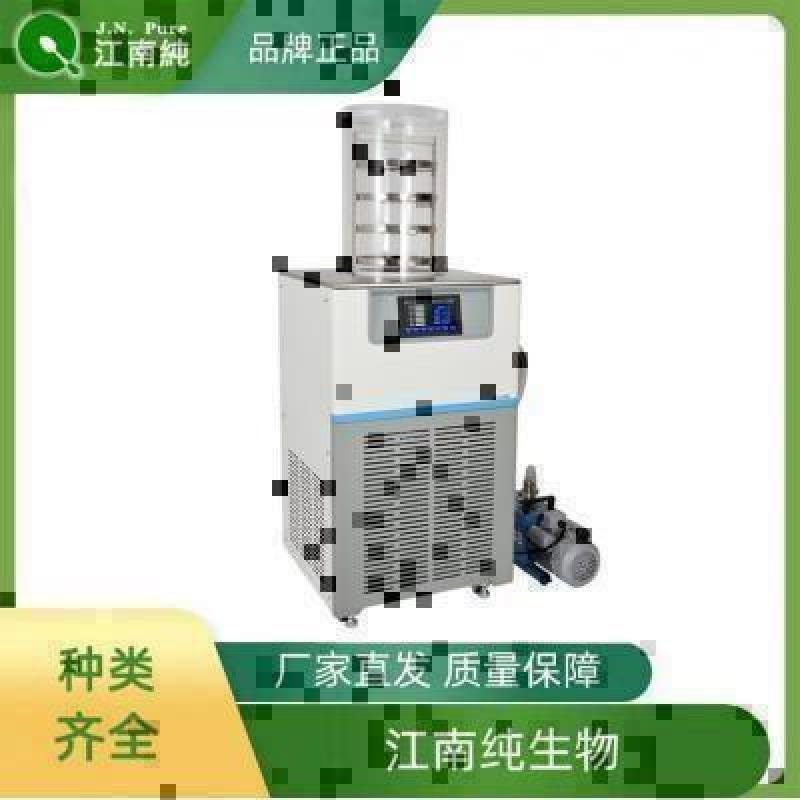Anti-CRISP2 antibody
| 英文名称 | CRISP2 |
| 中文名称 | 富含半胱氨酸分泌蛋白2抗体 |
| 别 名 | Cancer/testis antigen 36; CRIS2_HUMAN; CRISP 2; CRISP-2; CRISP2; CT36; Cysteine rich secretory protein 2; Cysteine-rich secretory protein 2; GAPDL5; Glyceraldehyde 3 phosphate dehydrogenase like 5; Testis specific protein 1 (probe H4 1 p3 1); Testis specific protein TPX1; Testis-specific protein TPX-1; TPX1; TSP1. |
DATASHEET
Host:Rabbit
Target Protein:CRISP2
IR:Immunogen Range:51-150/243
Clonality:Polyclonal
Isotype:IgG
Entrez Gene:7180
Swiss Prot:P16562
Source:KLH conjugated synthetic peptide derived from human CRISP2:51-150/243
Purification:affinity purified by Protein A
Storage:0.01M TBS(pH7.4) with 1% BSA, 0.03% Proclin300 and 50% Glycerol. Shipped at 4℃. Store at -20 °C for one year. Avoid repeated freeze/thaw cycles.
Background:?Cysteine-rich secretory proteins (CRISPs) represent a family of evolutionarily conserved proteins which may play a role in the innate immune system and are transcriptionally regulated by androgens in several tissues. CRISP-1 coats the postacrosomal region of sperm heads as they pass through the epididymis. CRISP-1 is found in all regions of the epididymis, ductus deferens, seminal plasma and sperm. CRISP-2, also known as testis-specific protein TPX1 or cancer/testis antigen 36 (CT36), is a 243 amino acid secreted protein. Expressed in the testis and epididymis, CRISP-2 is thought to be involved in calcium fluxes during sperm capacitation by regulating the activity of certain ion channels. CRISP-3 is expressed in pancreas and prostate tissues and, along with CRISP-1, is expressed in saliva. The gene that encodes CRISP-3 is an early response gene that may participate in the pathophysiology of the auto-immune lesions of Sjogren’s syndrome.
Size:100ul
Concentration:1mg/ml
Applications:ELISA(1:5000-10000)
IHC-P(1:100-500)
IHC-F(1:100-500)
ICC(1:100-500)
IF(1:100-500)
Cross Reactive Species:Human
Mouse
Rat
Horse
Rabbit
.
For research use only. Not intended for diagnostic or therapeutic use.


好评度